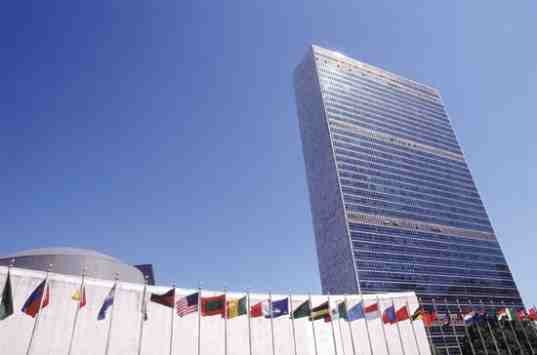In order to move forward, one must not forget the past.
The same sentiment rings true as the international community collectively remembers and commemorates wars that have marred and destroyed not just cities and structures, but lives as well.
Cities can be restored and rebuilt, but the dead remain six feet underground.
On Tuesday, May 5, the UN General Assembly held a meeting as a memorial for those who have suffered during the Second World War. Spanning oceans and continents, WWII claimed the lives of soldiers and innocent civilians across the globe. The millions who died are now just a part of a numerical figure, a part of statistics. Regardless of which side they were on, most of these people did not deserve to suffer and die.
It's been 70 years since that dark period in the history of mankind.
2015 marks the 70th anniversary of the founding of the United Nations. It's an intergovernmental organization borne out of the need to prevent another worldwide conflict. But the question is, with so many national agendas and conflicting interests, how will the international community avoid the outbreak of war?
Of course, there are peace talks and dialogues, and a hegemon that keeps everything in check. International courts were established, where disagreements are brought for cases to be heard and settled.
The easiest and--at the same time--hardest way to avoid future tragedy is for us to remember war victims.
We see them in historical photos reproduced in books, in museum exhibits and documentaries. Hollywood movies have immortalized wartime suffering. Statues were built, and some names remembered. Perhaps you're familiar with the 15-year-old diarist named Anne Frank?
Respecting the war dead and remembering their pain will trigger something in all of us that will help us bear national and international peace in mind. It reminds us of our humanity.
They say that history is the greatest teacher of mankind. If we don't learn from the past, then how are we ever going to get better in the future?



























